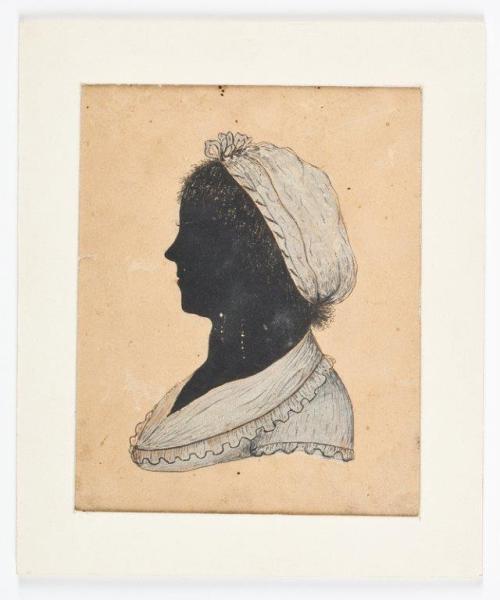My research partner, Dr. Kirstyn Leuner, understands that my initial interest in the Stainforth Library of Women’s Writing DH project was to recover the works of long forgotten women. Shortly after launching ourselves on this path, a narrower interest grew and I wanted to identify women of color in this 19th-century book collector’s holdings. Imagine my delight when I “discovered” a second mention of an African American woman writer in the Catalogue of the Library of Female Authors of the Rev. J.F. Stainforth. An entry for Ann Plato appears in the catalogue on page 356 as “P.5 Plato (Ann – a Negress) Essays + Poems. Hartford US. 1841” so one would think that I might have noticed this sooner. I had not but am happy to have stumbled across this entry. Stainforth noted that she is a Negress but it was not until I picked up a copy of Hollis Robbins and Henry Louis Gates, Jr.’s Portable Nineteenth-Century African American Women Writers, that the penny dropped. According to Hollis and Gates, Plato “was born free in Hartford, Connecticut, ca. 1820” and they confirm the title of her poem, The Natives of America, 1841. While a brief biographical Wikipedia entry is available, additional detail is found behind the paywall of the Oxford African American Studies Center. Plato may be known to literary scholars but this was the first I, a librarian-archivist learned of her, and I was happy to realize that Stainforth was familiar with her and included her work in his library.

Stainforth also recorded titles by the first published African American woman writer, Phillis Wheatley Peters, in his catalogue. This was an early discovery for me years ago when the University of Colorado Boulder Libraries acquired his catalog in the early 2000s. Wheatley, who appears on pages 348 and 349, had a volume of poetry published in 1773 at nineteen years of age, Poems on Various Subjects, Religious and Moral by Phillis Wheatley, Negro Servant to Mr. John Wheatley, of Boston, in New England. The future President of the United States, George Washington is said to have admired her work.
Thus what began, in my mind, as the recovery of British woman writers, some of whom interested me because they were abolitionists, has resulted in understanding that a British book collector acquired titles authored by American women, two of whom were African American women. Wheatley was a slave, Plato, a free woman of color and both are recognized with Library of Congress authority records. Why does this matter? It matters because Stainforth’s catalogue proves that a tradition of published works by women has a history, yet these works are time capsules locked in private and public library collections. As a collector, Stainforth was aware of who we today refer to as women of color. Now I would like to explore how he discovered these two poets. What collection development tools did he use? Book reviews and advertisements in the British periodicals and newspapers of his time may yield additional clues.
Deborah Hollis, Associate Professor
University of Colorado Boulder Libraries